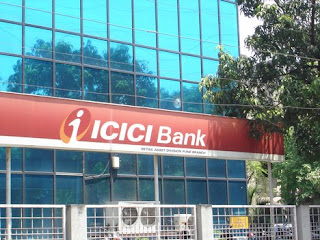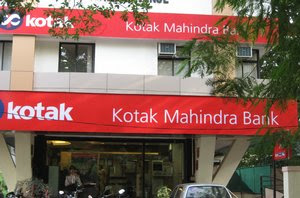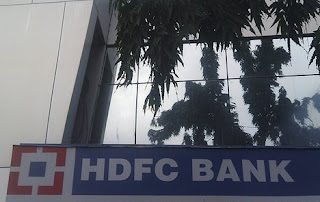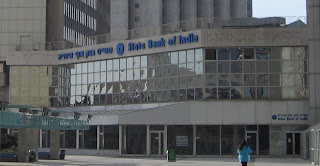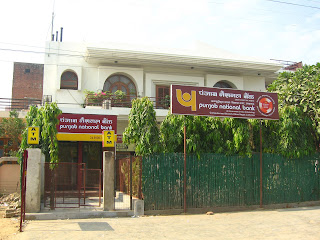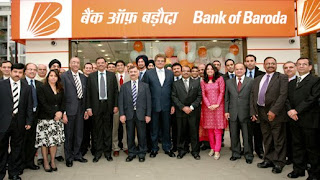
Foreign Banks in India are accepted gladly by the customers due to the promptness of its services to their customers. With numerous ATMs for flexible money withdrawal, quickness in loan approval and telephone communications of loan proposal, 24 hours service centers has attracted many customers to bend towards these banks to get banking facilities from them. The service offered by the foreign banking in India has motivated the local banking sector in India to speed up and rectify their weakness that evaded people away from taking up their service. The banking sectors of India became accurate and tried to offer the services similar to those given by foreign banks to stay in business.
The foreign banks of India has lend active hands to help customers in expanding various business activities in a very customer friendly way. They efficient organizational structure and tools available are utilized to serve customers with a new level of satisfaction.
From time to time the Reserve Bank of India employs new rules for these foreign banks in India through the budget that helps them to grow without external influence. Foreign banks in India today are allowable to arrange for local subsidiaries. According to such policy by RBI, the Indian subsidiaries of these foreign banks will not be allowed to open branches liberally.
Here is a list of foreign banks in India
· ABN-AMRO Bank
· Taib Bank
· BNP Paribas Bank
· CITI Bank
· Standard Chartered Bank
· Abu Dhabi Commercial Bank
· Deutsche Bank
· Bank of Ceylon
· HSBC
· JPMorgan Chase Bank
· China Trust Commercial Bank
· Scotia Bank


